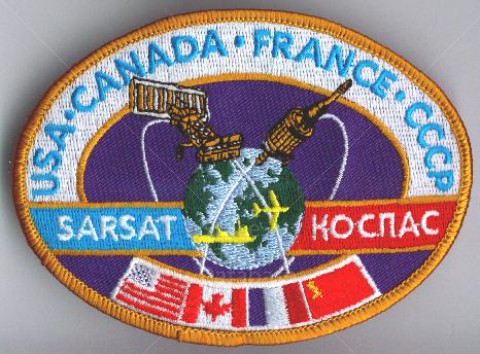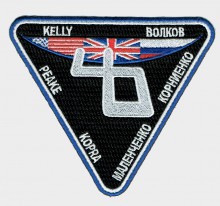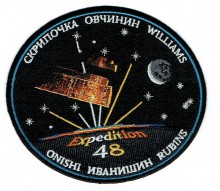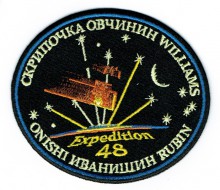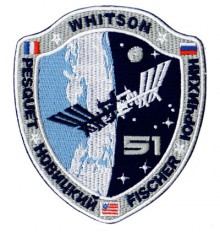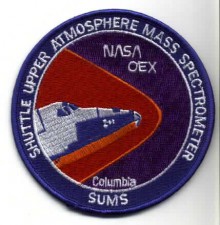International Cospas-Sarsat Programme is a satellite-based search and rescue (SAR) distress alert detection and information distribution system, established by Canada, France, the United States, and the former Soviet Union in 1979. It is best known as the system that detects and locates emergency beacons activated by aircraft, ships and backcountry hikers in distress. Over the years many countries have joined the project, either as providers of ground segments or as user states. As of 2011, 26 countries (Algeria, Argentina, Australia, Brazil, Chile, People's Republic of China, Greece, India, Indonesia, Italy, Japan, Republic of Korea, New Zealand, Nigeria, Norway, Pakistan, Peru, Saudi Arabia, Singapore, South Africa, Spain, Thailand, Turkey, United Arab Emirates, United Kingdom, Vietnam) and two organizations (Chunghwa Telecom of Chinese Taipei and the Hong Kong Marine Department) are providers of ground segments, while 11 countries are user states (Cyprus, Denmark, Finland, Germany, Madagascar, Netherlands, Poland, Serbia, Sweden, Switzerland, Tunisia).[1] Cospas-Sarsat is based in Montréal, Québec, Canada, and is headed by Steven Lett of the United States.
COSPAS (КОСПАС) is an acronym for the Russian words "Cosmicheskaya Sistema Poiska Avariynyh Sudov" (Космическая Система Поиска Аварийных Судов), which translates to "Space System for the Search of Vessels in Distress". SARSAT is an acronym for Search And Rescue Satellite-Aided Tracking.
- Log in to post comments

